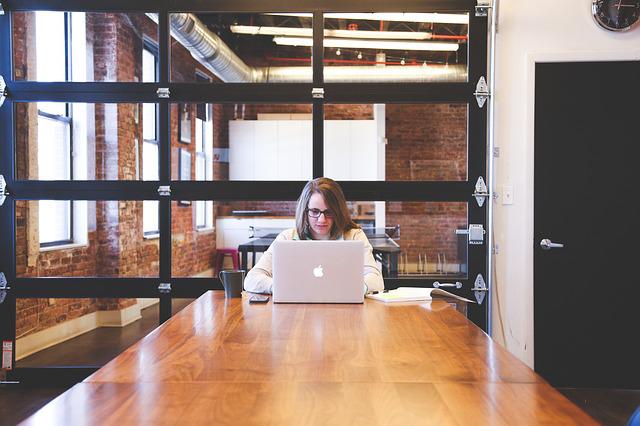When looking for an office building to lease for your business, consider a number of factors, including location, cost, demographics, and lease terms. The ideal building should be safe, secure, and have adequate parking and bike storage. It may also offer other amenities, such as a coffee shop, a fitness center, or a gym. There are many options available for an office building lease, so be sure to research each one thoroughly before you make your final decision.
Location
When choosing an office building, you should consider the location and your employees’ needs. You’ll need a space that is centrally located and easy to reach for clients. Also, make sure it has good transportation options. Consider amenities like parking and walking distance. Other important considerations include whether there are other businesses in the area. These factors will impact your revenue potential. Once you’ve determined these criteria, you can begin searching for a building.
If you’re a small business, location is an important consideration. If you’ll be interacting with customers and clients, you’ll want to find a building near popular neighborhoods. Consider how long you’ll need to move into the new location. Ideally, you’ll want to rent space that you can occupy quickly. It’s best to start looking for an office space that’s within your budget as soon as possible.
Cost
Several factors play a role in the cost of an office build-out. Location, scope of work, and type of space are all factors that determine the cost. The lowest end of this spectrum involves basic office space, while the highest end includes high-end finishes and specialized spaces. However, there are certain factors that cannot be ignored, including market trends, location, and type of space. Listed below are some tips to help you make the right decision.
Maintenance costs are often 30 percent of the total lease amount and can vary based on the building’s class and amenities. Additionally, tenants pay for utilities, such as electricity. Electricity alone, for a small business, costs $684 a month. Additionally, tenants may be required to pay property taxes and insurance on their office space. If you are renting space in a shared office space, you should be aware of all possible expenses before making a final decision.
Demographics
A successful marketing strategy involves knowing the demographics of your audience. Knowing the demographics of the target audience helps you to focus your marketing efforts and identify new customers. For example, you can use the information to help you develop logos, images, and branding to appeal to the different segments. Knowing the demographics of your customer base helps you understand what kind of customer to target with your marketing efforts. Knowing the demographics of your customers, is also essential for determining the size of your target market.
The U.S. Census Bureau publishes a database of community characteristics by ZIP code. It also offers demographics of households and communities. It is easy to research demographics of a location. This information is inexpensive and readily available. You can even use the demographics of an area’s residents to help find a location that is suitable for your business. Once you’ve selected an area, you’ll need to determine what type of demographics are most likely to make it a success.
Lease terms
It is imperative that you negotiate lease terms with the landlord before you sign a lease. Besides the monthly rent, you should also look at other costs associated with the lease, such as utilities, snow plowing in winter, and common area fees. This way, you will avoid potential pitfalls and maximize your office space. However, it is essential that you get the right terms, as the right terms will determine the success of your office lease.
The length of the lease depends on the business’s needs and the location of the building. Generally, the longer the lease, the more valuable the property will be. A longer lease may mean higher rent each month, but it also allows for flexibility. A longer lease can also allow for additional concessions from the landlord, such as free rent or tenant improvements allowances. But make sure that the terms are reasonable and suit your business needs.
Rent
Before deciding to rent an office building for your business, it is important to clarify the priorities and uses of the space. Consider the cost, availability of travel links, and internet connectivity. Write a list of daily business needs and non-negotiables. Make sure that these requirements align with your overall business strategy. You can also connect with a commercial leasing agent to help you with the process. Listed below are a few tips to help you get started.
Before signing a lease, determine whether you want a monthly or annual rent escalation clause. While this is a good idea for small businesses, it may be unfavorable for larger businesses that require flexible space. Rent increases are often tied to the Consumer Price Index, which measures the cost of food, clothing, and recreation. Commercial rents, however, do not track the Consumer Price Index, so the rent may increase faster than the general inflation rate or the cost of running a building.
